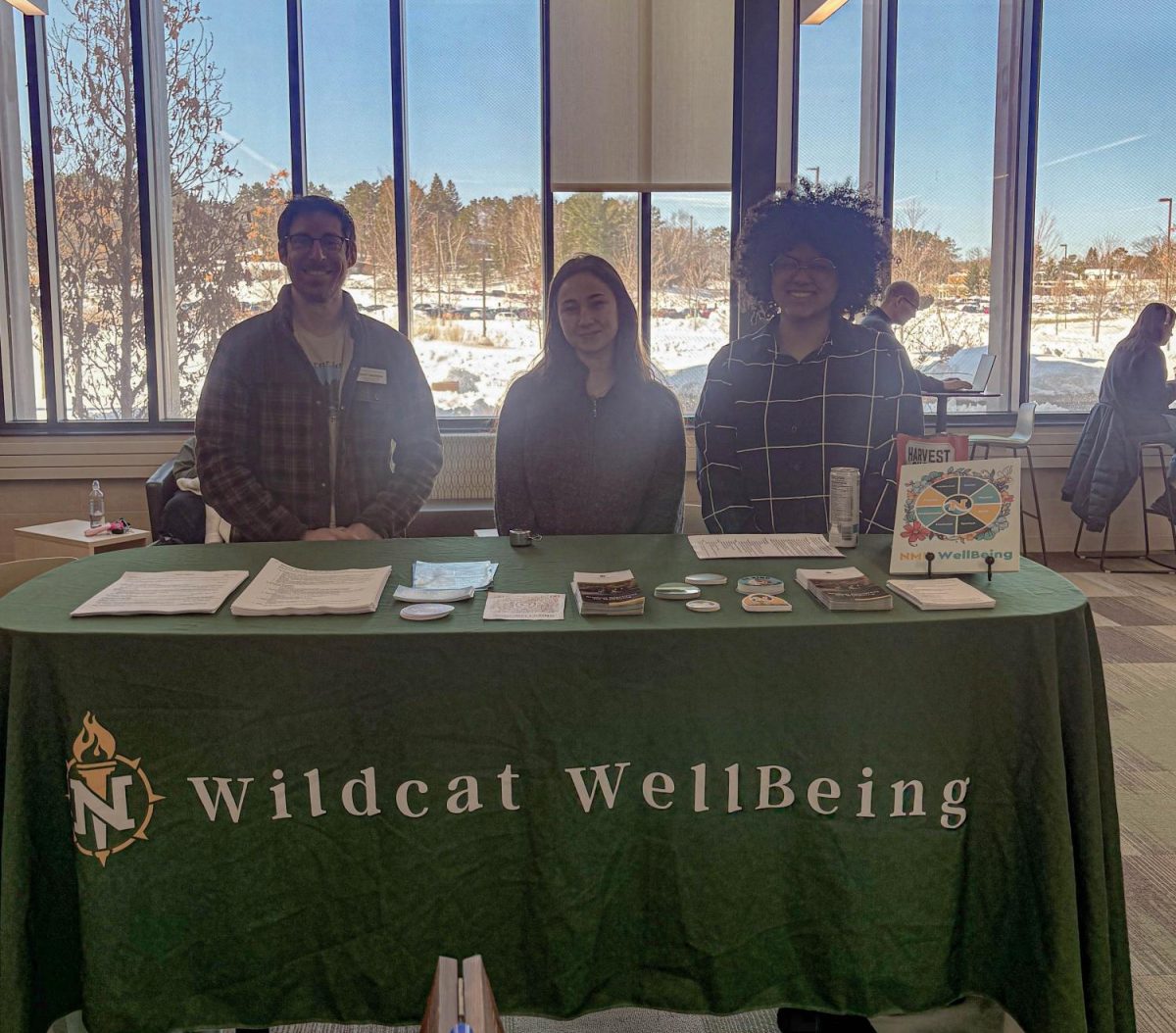In reaction to the recently proposed large scale wind farm project in Baraga County, the monthly ecological discussion on campus, “Climate at Noon,” will take on the topic at noon on Friday, Feb. 16 in Jamrich room 1320.
Associate communication and performance studies professor Jessica Thompson, who has been a leader of the monthly series, shared her perspective on “Climate at Noon,” as well as the wind farm project and what it could mean for the Upper Peninsula in relation to Weyerhaeuser Paper Co.’s most recent concepts.
The wind farm project would be in Baraga County on private property owned by the forest product manufacturer Weyerhaeuser Co., Thompson said, explaining the company wants to
diversify its assets.
“They think it would be a clean, viable place for renewable clean wind energy,” Thompson said. “They have a plan that they’re just starting to work out for 30 to 50 wind turbines. The senior project manager is going to be here from Minnesota, so we thought we’d take advantage of the project.”
The “Climate at Noon” event series, which has been going for the past three years, is hosted by the Northern Climate Network and the Marquette County Climate Adaptation Task Force. The goal of the series is to engage the community in conversations about these kind of ecological topics like wind power and changing global climates.
“It’s really important that we start talking about climate change, [and] most importantly, that we make the conversation proactive, that we make it empowering, that we help people see that there are lots of options and innovations to live lighter on the planet,” Thompson said. “I think the Northern community is pretty progressive and in many ways understands the science behind climate change. What our series does is brings it to the next steps.”
NMU students and Marquette community members have an opportunity to collaborate and share ideas related to topics of such issues with events like “Climate at Noon.”
“What’s great about this series is I think it helps our local campus community think more about our choice in energy and resources. It starts to bring those things into conversation. Instead of just exacting ways that we’ve always got our energy, it starts to spark new ideas and new ways of thinking about resource use,” Thompson said.
Thompson described what she feels is an appeal aspect of “Climate at Noon” events.
“When I look out, I see a third of the room is community members, a third are students, a third are faculty and staff, [and] for this one hour of the month we’re equals. That is my favorite part about the whole thing. People are brain- storming and sharing ideas and asking questions.
“The community members are so engaged and asking questions, and they bring connections: all of these things that happen outside of campus that sometimes [don’t] even land on the students’ radar. [It’s] because of that comingling of students, faculty and community,” Thompson said.


























